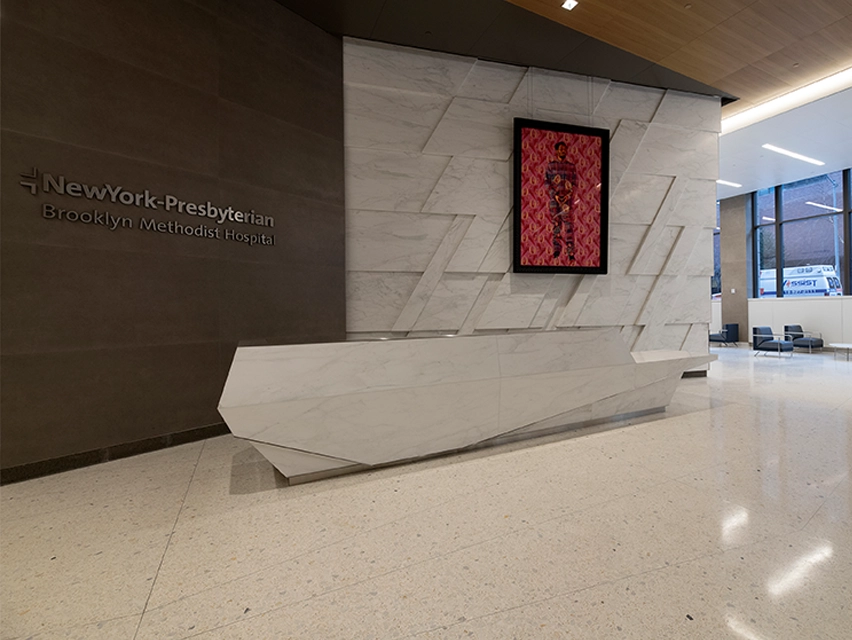Set in Brooklyn’s Park Slope neighborhood, the Center for Community Health is dedicated to bringing high quality outpatient care to patients in Brooklyn. Our doctors deliver essential health services across specialties – such as cancer, cardiology, women’s health, orthopedics, and digestive care – all in one convenient place.
The Center for Community health offers many of the same services as a traditional hospital, but without the overnight stays. Our state-of-the-art facility is equipped for advanced preventive, diagnostic, and same-day surgical procedures – so you can spend less time in the hospital and more time living your life.






